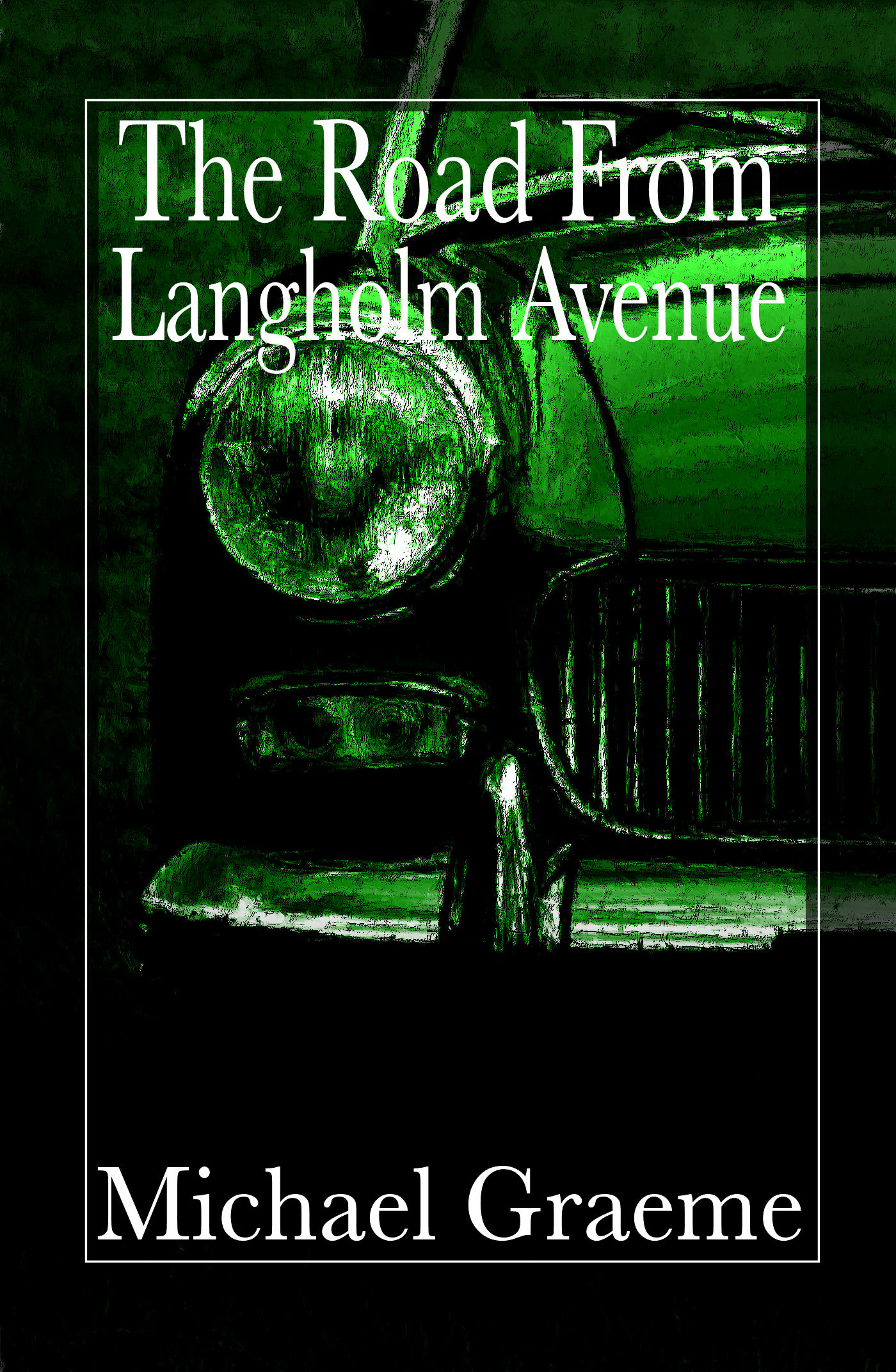
Over this last long weekend of the Platinum Jubilee, there has been much pomp and spectacle. The British do pomp and spectacle rather well, with much spit and polishing of breastplates. Then there’s all that far-eastern manufactured bunting, to say nothing of the screaming of the Queen’s guards. As for press coverage, it has been varied, swinging from the swooning deference of The Daily Telegraph, who reminds us: “Why the British still cherish their public service monarchy” to the Guardian newspaper’s more nuanced lamentation that: “This jubilee has been a kind of soft-focus funeral for an era”.
As for the international perspective, The New York Times describes it, somewhat more pragmatically as: “The party before the Hangover,” and that the: “Queen’s Jubilee offers Britons respite from their woes”, these woes, we presume, being rampant stagflation, food shortages, the unaffordability of energy, housing, fuel, and the BA2 Covid variant. I also liked the Irish Times’ irreverent take, voiced some time ago, that: “It’s like having a neighbour who’s really into clowns and, also, your grandfather was murdered by a clown.“
Taken from the broader perspective then, the British present an eccentric image, one that is admired, loathed, or seems merely ridiculous. Are we objects of pity, on the world’s stage, or deserving of our cum-uppance? Is the monarchy a stabilising force in these troubled times, or mere bread and circuses? Opinion divides. Certainly it seems odd to our international friends that whilst Britain, in common with all post-imperial powers, has been declining in wealth and influence, it should appear so averse to grasping the nettle of its own future, and instead seems prone to sentimentally idolising its past.
What the Daily Telegraph does not tell us is that it’s mostly old people who see the monarchy as still relevant to British life, while most young people don’t. This is understandable, since, for the old, most of their lives lie in the past. The young, however, have most of their lives ahead of them, and are more concerned about whether their country is a place where they can raise happy children, find fulfilling work for fair pay, and where they can live with open minds and hearts. Does the monarchy feature at all large in these respects? The data suggests the young have concluded it does not.
While the faithful waved their Union Jacks this past weekend, the former leader of the Labour Party – who could hardly be mistaken for a Royalist – reminded us of the distribution of foodbanks across the entire UK. There are rather a lot of them. Worse, they have become a normal and accepted part of our way of life, as have crippling working hours, the dismantling of the welfare state, and the seemingly wanton destruction of the health services. The justification for being proud of Britain, as it is today – a place to live, work and grow – is a flimsy one, unless you have sufficient wealth to cushion you, in which case justifications are best avoided.
But the redistributive politics of the left are not coming back. It may be the other side is just too strong in these days of late capital, and the nation’s media will dutifully demonise any even moderately left leaning voices. Or it may be the British are genetically incapable of valuing labour, even when they are the ones providing it, and will always swing towards deference at the voting box.
That said, the current Conservative government is growing in unpopularity, even among those who represent it, let alone those who voted for it. Even before the limp jubilee bunting has been taken down, there was launched a night of the long knives, and a possible leadership challenge. The pundits will no doubt enjoy this unwholesome spectacle, as it unfolds over the coming weeks. But whoever is to be the true-blue, Jack waving incumbent of number 10, they will have a difficult job winning back public trust, this side of a general election. Then again I doubt a Labour, or even a Labour led coalition will significantly alter any of the privations of modern Britain, which seem now so institutionally, and culturally embedded, it will require the work of generations to merely fill the potholes, let alone build fresh inroads to another place entirely.
But what has all this to with the British Monarchy? Well, nothing. Since it is not obvious their role is to ameliorate the excesses of their own kind, one has no expectation they will ever do so, no matter how much they are adored by those so impoverished by those same excesses. Perhaps, like actors in the grand myth of the decline of nations down the ages, they merely take their places, as do we, and all of us are powerless to divert the narrative from its nihilistic conclusion.
Thus, we line the mall at every opportunity. We wave our flags, and we tune in to the BBC’s breathless coverage. It is a very British aberration, then, one to be cherished or avoided, according to taste and demographic. Whether the Royals be wholesome fayre, or mere bubblegum, is very much a vexed issue, the discussion of which perhaps distracts from other, more pressing matters of State. But if it’s true what they say, and the myth must be acted out to its inevitable conclusion, then the British must accept their fate, in which case idolising the past is the very best we can do, if it takes our minds off the increasingly obvious and unfortunate fact, the past is all we have going for us.



















It’s worse than you say, the government is so wrapped up in the past, they have effectively declared war on a fellow nuclear power, in order to relive past glories.
I wanted to blog on bunting, I’m glad you got there 1st as you do it so much better, a more rounded view, but have you noticed how most of the bunting seems to be around individual houses? In a very few places I have seen bunting strung between houses and even across the street, and this seems a very different animal, speaking of cooperation and even a community spirit unlike plastic bunting and plastic flags with the date printed on them which seem to me to be an insult to any true notion of patriotism. Soldiers care for their flags with pride, they don’t leave them out to wither and put them out with the rubbish.
You’re right about the bunting – I’ve started to notice since you mentioned it. I know of very few places who had it festooned in collective splendour across the entire street. I also remember as a cub-scout being taught by Akela that the flag was actually the queen. You unfurled it before proceedings began, and she watched over you while you did your thing, then you put her to bed afterwards, all without letting her touch the ground.
Depressing, isn’t it?